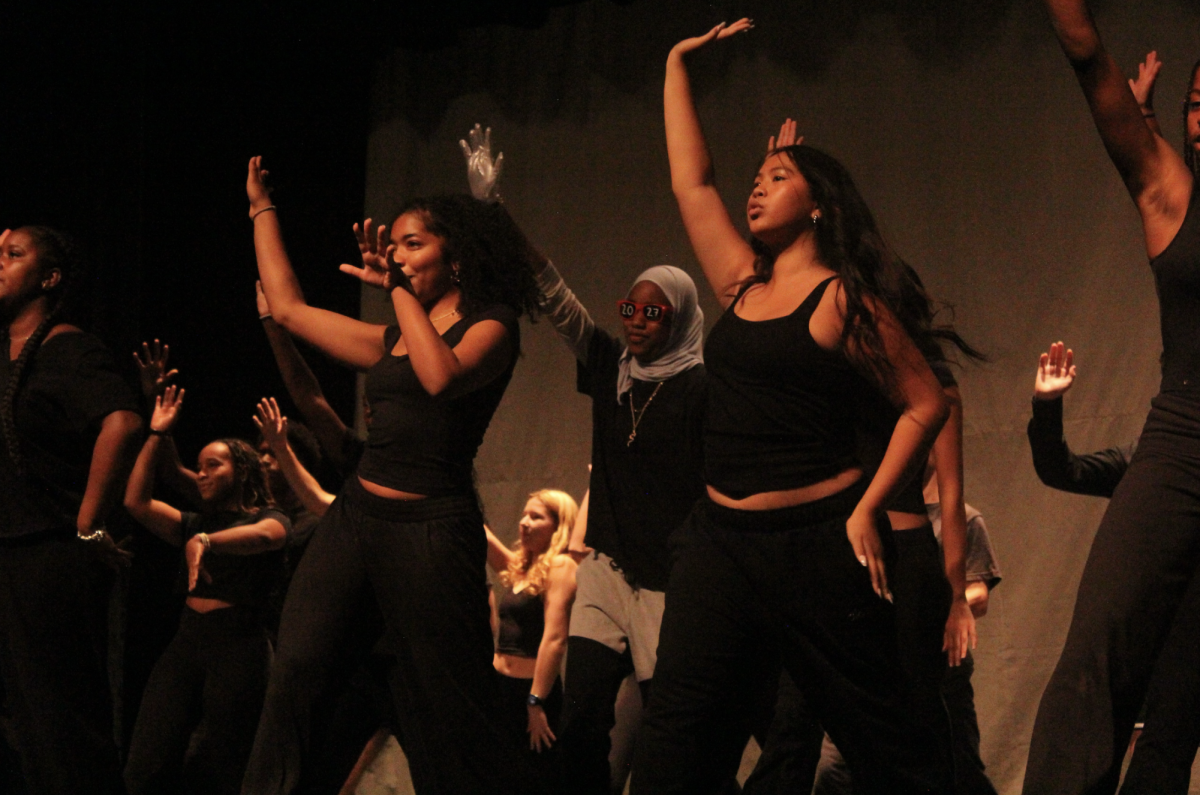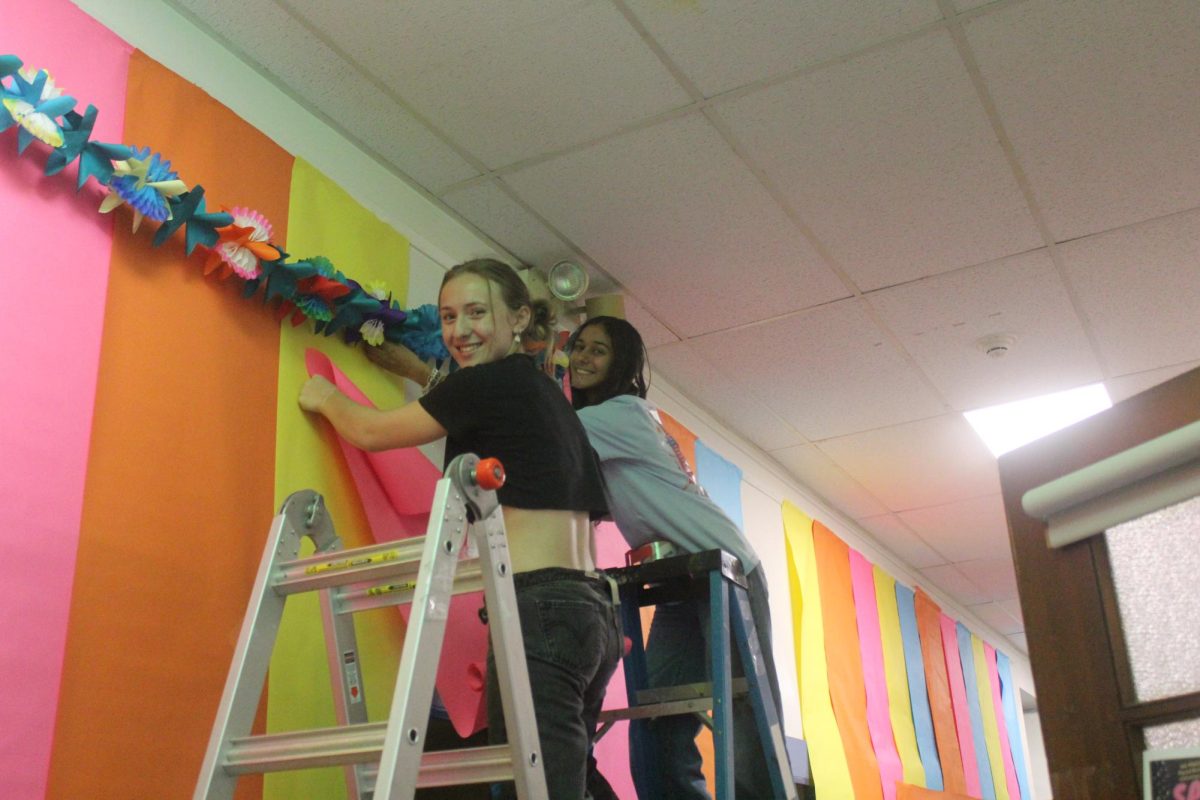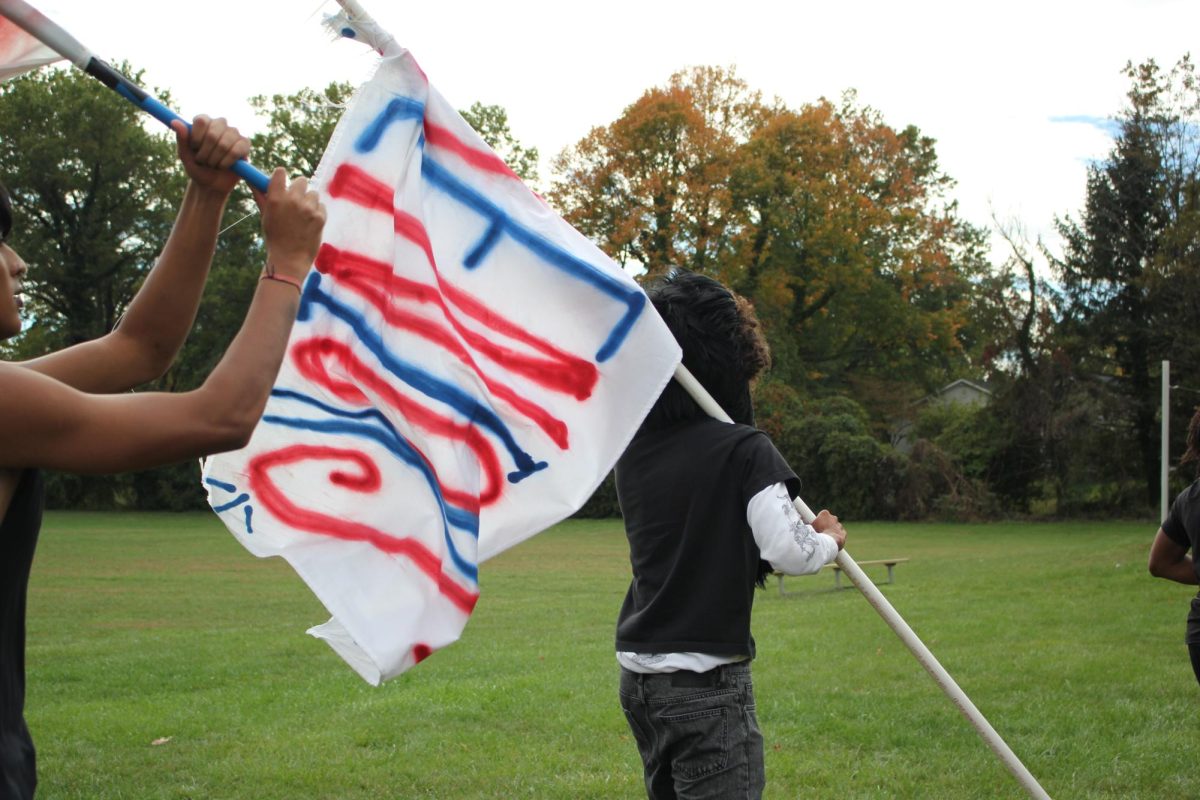
Over the last several weeks, AI generated chat bot ChatGPT, short for Generative Pre-training Transformer, has taken the world by storm. The program can answer questions and write any type of academic paper or personal email based on the information that a user types into the chat bar. Because of the breadth of information it has access to, the forcing the topic of academic integrity into question.
In the current digital age, new advancements take hold faster than many can keep up with. Open AI’s tool doesn’t “think” in the same way humans do, but instead uses computational data to “understand words in context” and “dispatch encyclopedic knowledge,” according to Business Insider.
Given the fact-based nature of the program, many wonder how this will impact educational and professional settings: Will the technology be more helpful or more harmful, especially as it relates to academic integrity?
English teacher Dan Sussman noted, “In the Humanities, I think it’s probably destined to be harmful and sort of a cheating tool that is ineffective in the sense of not leading to very high quality work, even if it’s not found by teachers and caught. I think there’s all sorts of other academic areas and professional areas where it will be incredibly useful and wonderful. I think humanities scholarship is probably not the best area for it.”
In contrast, Andrew Mercantini ’23 said he believes that the program is eventually going to “be a positive thing for sure” and that “[Chat GPT] is very good at giving facts. If you ask it to write a factual paper that’s fine, but what a machine can’t do is it can’t analyze anything and it can’t give in depth analysis on those type of things … so there’s still that step above that we still need the human brain for.”
The Moorestown Friends School Honor Affirmation is strictly enforced on each assignment and assessment given in the Upper School. As technology progresses, teachers have voiced concern regarding the school’s emphasis on academic integrity. With Chat GPT’s increased popularity, Sussman mentioned that “the slightly different question on [his] mind is ‘will students use it, how much will they use it, and will I catch it?’”
As of now, there are no anticipated changes to the Honor Affirmation in response to widespread accessibility to Chat GPT. Sussman agreed that immediate change is not necessary, and noted, “Whether it’s the honor affirmation, specific academic integrity training that the English department put together, or the language that is supposed to be in all English department syllabi … clearly disallows Chat GPT. There’s no ambiguity there.”
In regards to cybersecurity, Director of Technology Steve Kolaris said,“There will be different versions and models of this kind of AI.” Kolaris also recognized the need to “combat it” and find ways to “filter people who are using it” but “there will be something else that comes out, so it gets hard to block everything.” Kolaris said that blocking ChatGPT is a possibility and explained that it’s important to keep track of the program’s constant changes.
Systems like Chat GPT will only become more prominent in modern day lives as time goes on, but it is up to future generations to decide how these technologies should be used. “AI is just growing and growing, and there’s a lot more things to come,” says Kolaris. “It’s the future.”





